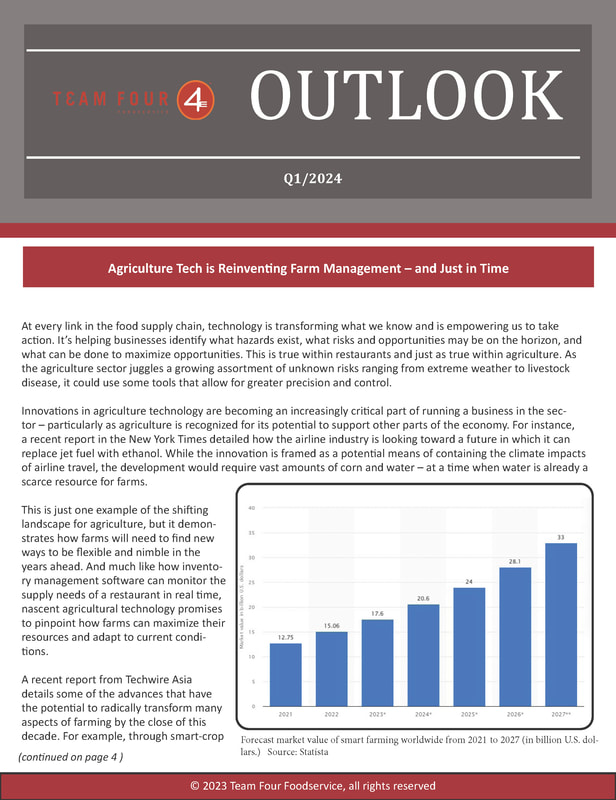 Even if you’ve never watched an episode of the television series “Succession,” you’re likely aware of the kinds of conflicts that can arise around succession planning for a business. Despite that awareness, however, succession planning is a task that business leaders often neglect. According to research from AIIR Consulting, only 35 percent of organizations have a formalized succession planning process for key roles. As a result, more than 74 percent of leaders say they feel unprepared and lack training for the challenges they face in their roles. Christopher Flis, a certified financial planner and Burger King franchisee, understands the risks that can accompany a lack of planning around business succession. In remarks at the annual Restaurant Finance & Development Conference in Las Vegas this month, Flis shared his own story, in which his parents died unexpectedly, leaving their franchisee operations to Flis and his brother well before they anticipated it happening. “Our succession plan, which we thought was going to be some years in the future, snapped into place,” Flis said, as reported in Franchise Times. Looking at your own business, do you have a thorough continuity plan that will provide a blueprint for people to operate the business in the absence of key leaders? Your succession plan should outline how power will be transferred and to whom, what accounts are available to fund that transfer, and how to access critical information about the company’s finances and other details pertaining to day-to-day operations.
0 Comments
Leave a Reply. |
More HR ArticlesHang on to employment gainsIt all hinges on turnover – so turn it aroundMaking inspections better for moraleArchives
July 2024
Categories
All
|
Foodservice CEO is provided for informational purposes only. It is intended to offer foodservice operators’ guidance regarding best practices in running their operations. Adherence to any recommendations included in this Guidance will not ensure a successful operation in every situation. Furthermore, the recommendations contained in this website should not be interpreted as setting a standard of operation or be deemed inclusive of all methods of operating nor exclusive of other methods of operating.
Copyright 2023 Team Four Foodservice, All Rights Reserved.




 RSS Feed
RSS Feed